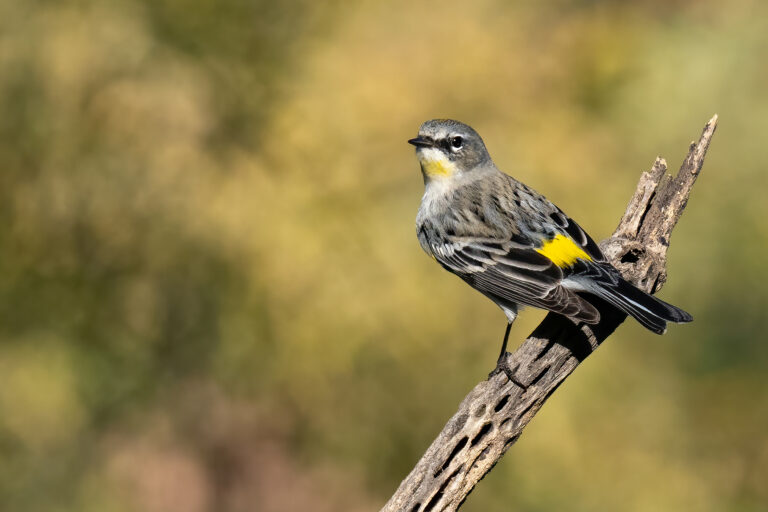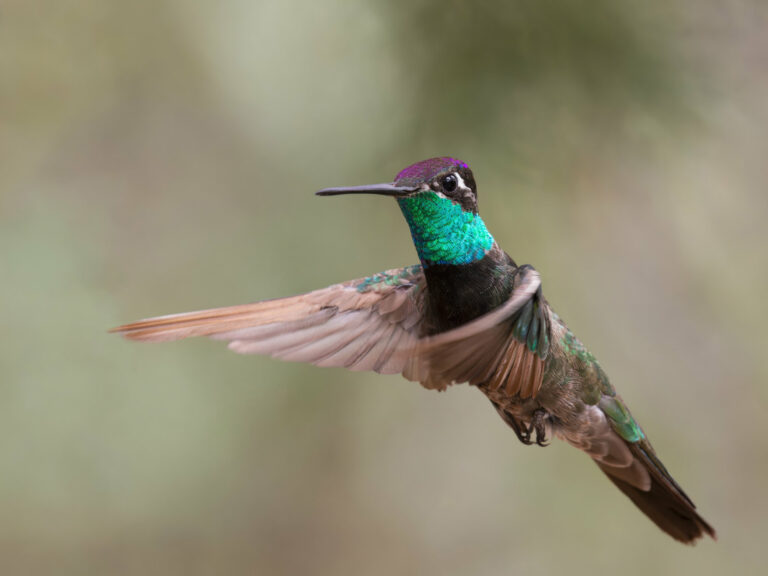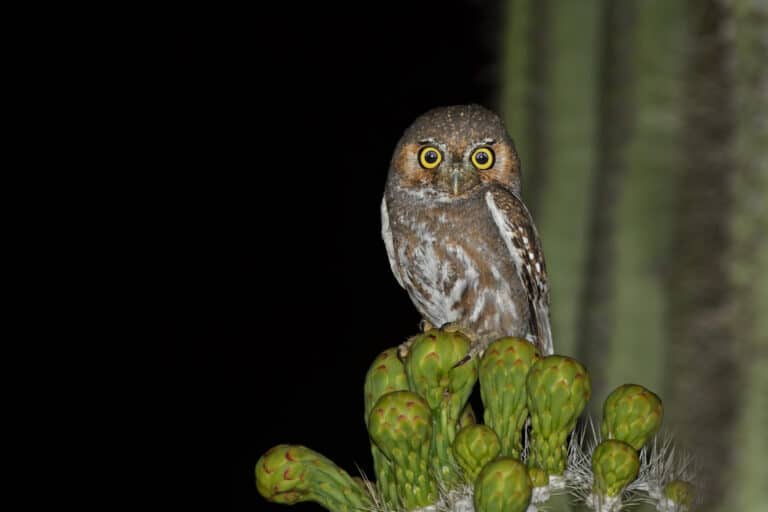If you’re trying to stand out from the crowd, take some cues from the Ruddy Duck. Being the only representative of the so-called “stiff-tailed” ducks in North America is a great start. But this small-bodied, thick-necked duck also has many unusual biological characteristics that further set it apart. Unlike most other waterfowl, Ruddy Ducks form mating pairs on their breeding grounds, not beforehand. Females lay the largest eggs relative to body size of all North American waterfowl, and they are roughly textured with “pebbles.” The energetic cost for these eggs is high, but it pays off—the ducklings are highly precocial and tended by the female for a period of time much shorter than most ducks.
Male Ruddy Ducks also stand out visually during breeding season with a rich chestnut brown body, large white face patch, impossibly sky-blue bill, and of course, that stiff tail almost always standing at attention. As bold as all that might be, these ducks also put on a very entertaining courtship display. The unique show includes quick bill strikes against their inflated necks, creating bubbles in the water, and ending with a belch-like call. They also lower their tails and run across the water, making popping sounds with their feet.
Interestingly, Ruddy Ducks were introduced to western Europe and are now threatening the endangered White-headed Duck by hybridizing with them. They can be found in Southeast Arizona year-round, but many more of them are here October through April when birds come south from their prairie-pothole breeding grounds. Look for them on small ponds and lakes such as those at Sweetwater Wetlands and other local parks.




